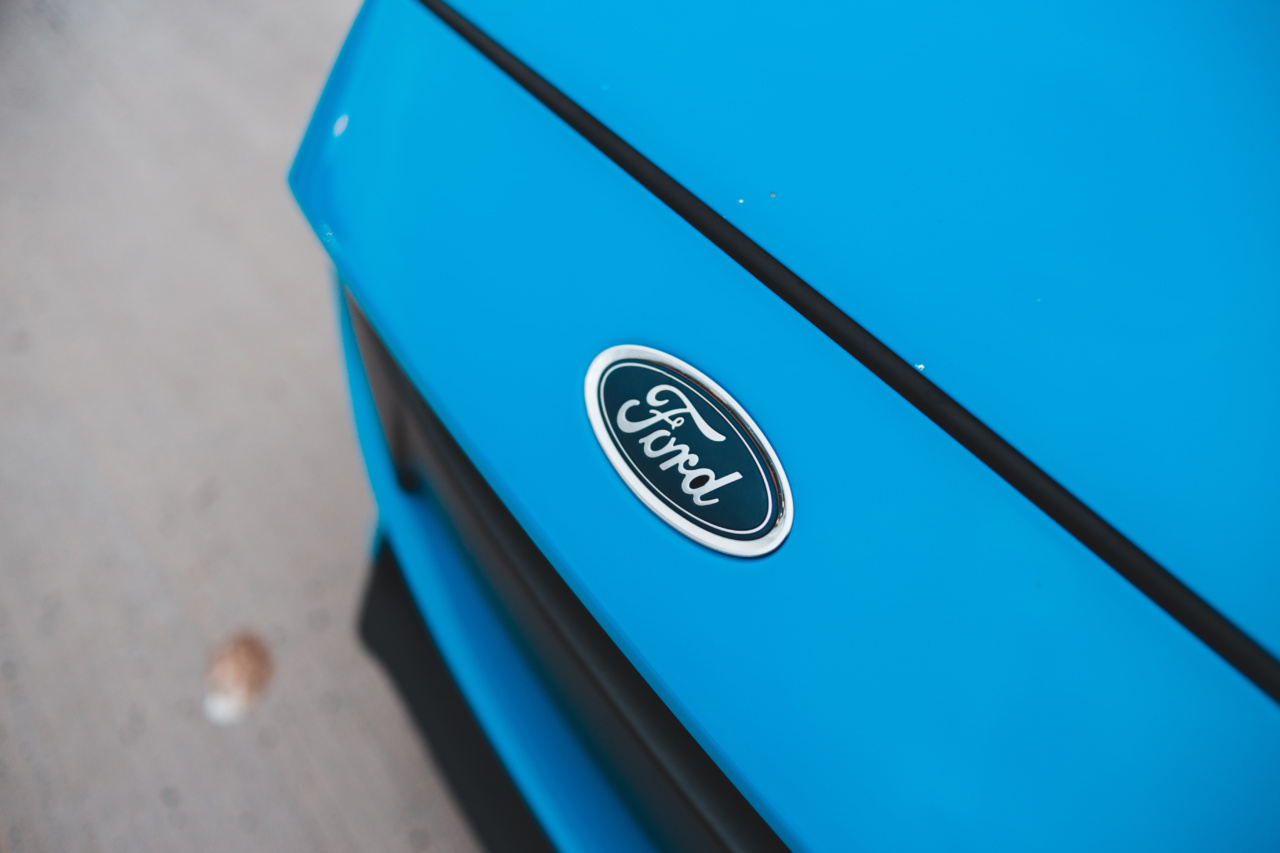Bloating is a common gastrointestinal problem that is characterized by a feeling of fullness, tightness, or discomfort in the abdomen. It can be caused by a variety of factors.
A bloated stomach can be a result of a build-up of gas in the stomach, eating too much or too fast, poor diet, constipation, hormonal changes, stress, and many others. Bloating can be extremely uncomfortable and painful. In this article, we will discuss 10 simple tips that can help you get rid of bloating fast.
1. Drink Plenty of Water
One of the simplest ways to get rid of bloating is to drink plenty of water. Drinking water can help you to flush out excess salt, reduce inflammation, and promote better digestion.
It is recommended that you drink at least 8-10 glasses of water a day to stay hydrated and reduce the risk of bloating.
2. Eat Slowly and Chew Your Food Well
Eating too fast and not chewing your food properly can lead to bloating. This is because your digestive system has to work harder to break down large chunks of food, leading to the formation of gas in the intestine.
Taking your time to eat and chewing your food well can help to prevent bloating and improve digestion.
3. Avoid Foods That Cause Bloating
Certain foods can cause bloating in some people. These foods include cruciferous vegetables such as broccoli, cabbage, and cauliflower, beans and lentils, dairy products, high-fat foods, and carbonated drinks.
If you experience bloating after eating these foods, you may want to avoid them or consume them in smaller amounts.
4. Eat Foods That Reduce Bloating
Some foods can help to reduce bloating. These foods include ginger, peppermint, fennel, pineapple, papaya, and fermented foods such as kefir and sauerkraut. These foods have been shown to help with digestion and reduce inflammation in the stomach.
5. Exercise Regularly
Regular exercise can help to improve digestion and reduce bloating. Exercise stimulates the digestive system, helping food move smoothly through the stomach and intestines.
Exercise also helps to reduce stress, which can be a contributing factor to bloating.
6. Take Probiotics
Probiotics are beneficial bacteria that help to improve the health of the gut. These bacteria can help to reduce inflammation and improve digestion, which can reduce the risk of bloating. Probiotics can be found in yoghurt, kefir, and fermented foods.
They can also be taken as supplements.
7. Use Natural Remedies
There are several natural remedies that can help to reduce bloating. These include chamomile tea, peppermint tea, ginger tea, and apple cider vinegar. These remedies have anti-inflammatory properties and can help to improve digestion.
8. Avoid Chewing Gum
Chewing gum can lead to swallowing air, which can contribute to bloating. If you chew gum regularly and experience bloating, you may want to consider reducing your intake of gum or avoiding it altogether.
9. Reduce Stress
Stress can be a contributing factor to bloating. When you are stressed, your body produces more cortisol, a hormone that can affect digestion and contribute to bloating.
Reducing stress through activities such as yoga, meditation, or deep breathing can help to reduce bloating.
10. Consult a Doctor
If you experience bloating frequently and it is affecting your quality of life, it may be a good idea to consult a doctor. A doctor can help to identify the underlying cause of your bloating and provide you with the appropriate treatment.































